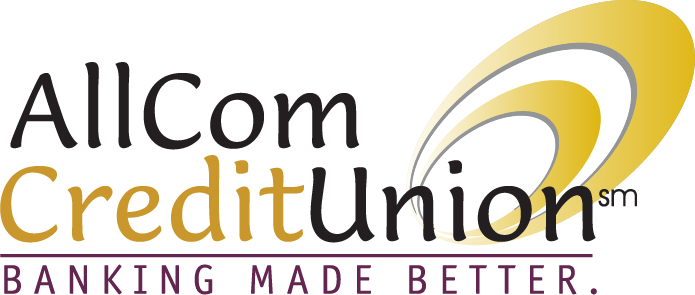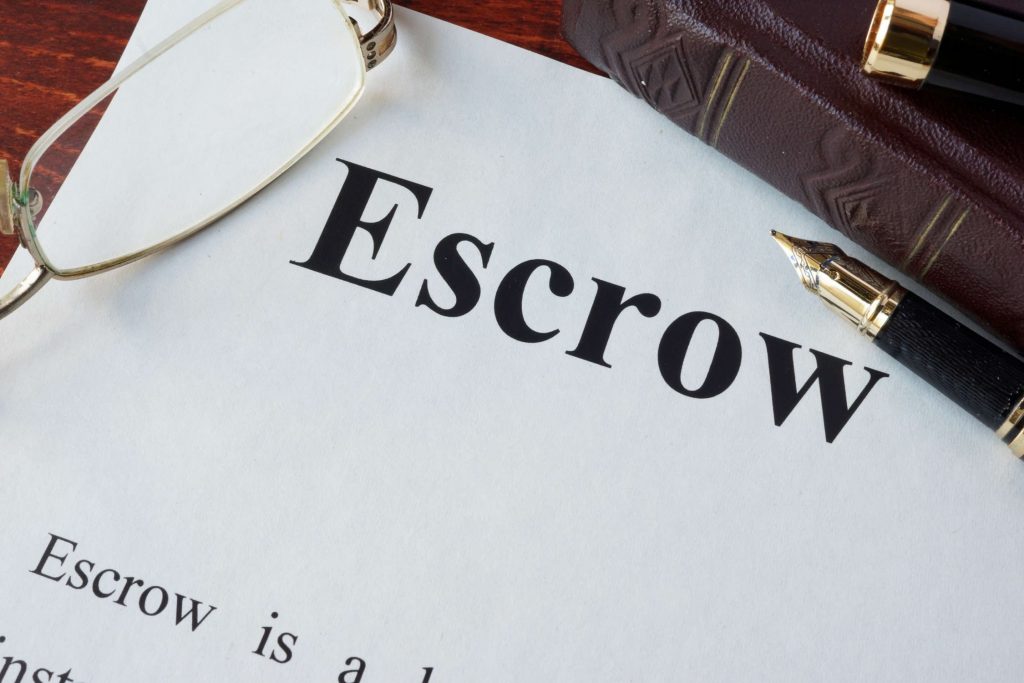If you’re buying a home, you’ll probably hear the word “escrow” used in a few different contexts. Learn what escrow is, how it works and how it can benefit you as a home buyer, seller or homeowner.
What Is Escrow?
Escrow is a legal arrangement in which a third party temporarily holds money or property until a particular condition has been met (such as the fulfillment of a purchase agreement).
How Does Escrow Work?
It’s used in real estate transactions to protect both the buyer and the seller throughout the home buying process. Throughout the term of the mortgage, an escrow account will hold funds for taxes and homeowner’s insurance.
What Is An Escrow Account?
In real estate, escrow is typically used for two reasons:
- To protect the buyer’s good faith deposit so the money goes to the right party according to the conditions of the sale.
- To hold a homeowner’s funds for property taxes and homeowners insurance.
Escrow Accounts For Home Buying
When you’re buying a home, your purchase agreement will usually include a good faith deposit (also known as earnest money). This deposit shows that you’re serious about purchasing the home. If the contract falls through due to the fault of the buyer, the seller usually gets to keep the money. If the home purchase is successful, the deposit will be applied to the buyer’s down payment.
Escrow Accounts For Taxes And Insurance
After you purchase a home, your lender will establish an escrow account to pay for your taxes and insurance. After closing, your mortgage servicer takes a portion of your monthly mortgage payment and holds it in the escrow account until your tax and insurance payments are due.
The Benefits Of An Escrow Account
The biggest benefit of having an escrow account is that you’ll be protected during a real estate transaction – whether you’re the buyer or the seller. It can also protect you as a homeowner, ensuring you have the money to pay for property taxes and homeowners insurance when the bills arrive. You’ll find that there are a few other great benefits for home buyers, owners and lenders, too.
The Disadvantages Of An Escrow Account
When it comes to the disadvantages of an escrow account, it’s the homeowner who encounters most of the burden. Here are some examples:
- Higher monthly mortgage payments: An escrow account is funded through your monthly mortgage payment, making your monthly bill higher than it would be without escrow.
- Incorrect estimates: The amount needed for your escrow depends on your property taxes and homeowners insurance costs, which can change from year to year.
- Changes to your monthly payment: Escrow is reassessed each year and, depending on if you were short or had excess money, your servicer will come up with a new estimate for the year.


